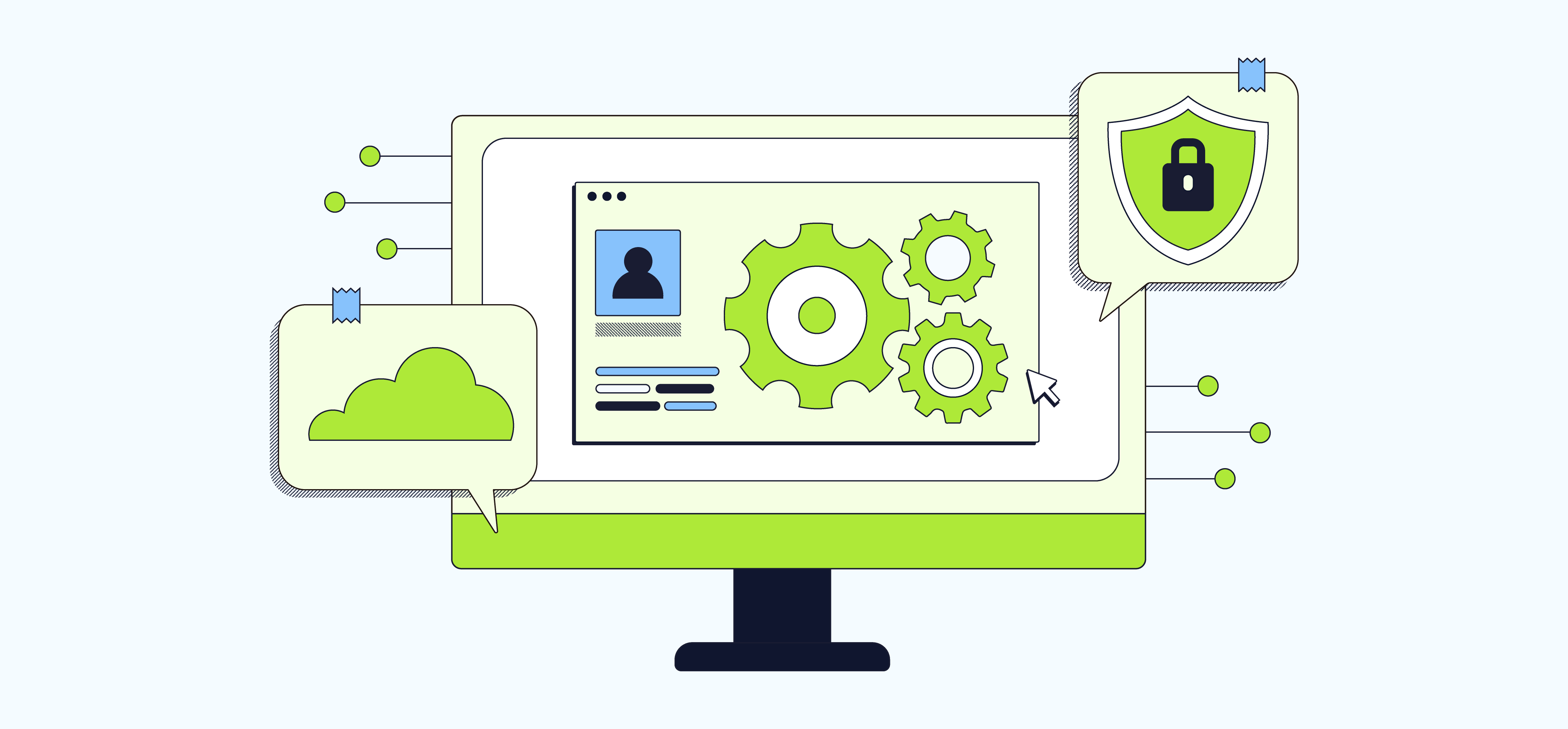ARTICLE AD
Have you seen the viral AI-generated gymnastics video? The bizarre amalgamation of limbs flying and twisting through the air defies the laws of physics and anatomy — an amusing reminder of AI’s limits. While this AI gymnast has nothing on the world-class human gymnasts competing in the 2024 Paris Olympics, you can expect to see AI and other innovative technology used at the Games this year in new and unexpected ways.
Behind the scenes, cutting-edge technology helps athletes perform at their peak and enables spectators to enjoy the action around the world. From analyzing scoring data to deploying recommender systems so fans can watch their favorite events, here are some of the fascinating ways that tech, coding, and AI will be used during the 2024 Paris Olympics.
AI oversight initiative
In April, a group of experts from various fields, including AI scholars, athletes, and tech representatives, created the Olympic AI Agenda to manage AI use in the Olympic Movement. They identified potential AI risks and established best practices for mitigating them, like guidelines for reducing human bias in judging and refereeing and providing personalized coaching for athletes. The committee also detailed how AI can streamline event organization, transportation, and worker training. You can read the in-depth Olympic AI Agenda here.
Lots of organizations have guiding principles and policies when it comes to using AI ethically. We published our Codecademy AI principles, which outline our approach to using and building AI systems so that all our learners and community members can experience AI in a safe and fair way.
Prepare for cyberattacks
The cybersecurity team for the 2024 Olympics is preparing for an unprecedented number of attempted attacks — potentially eight to 12 times more than the 450 million “security events” faced during the Tokyo 2021 Games, The New York Times reported. To counter these threats, Paris 2024 organizers are conducting extensive “war games,” which are exercises where ethical hackers test the systems and offer bug bounties for discovered vulnerabilities.
Curious about the unique professional opportunities you can have in cybersecurity? Read more about in-demand cybersecurity careers to understand the field, and check out these (totally legal) ways to practice ethical hacking.
Statistical analysis for judging fairness
Even Olympic judges get judged. Statistical tools are used to measure factors that can affect judging accuracy and fairness. This is especially important in sports with subjective scoring systems, like gymnastics.
Data Scientist Dr. Hugues Mercier leads an ongoing project that tracks Olympic judges’ performance over time, considering variables like fatigue and apparatus difficulty. This data is used to rank individual judges and ensure that overall judging quality remains excellent and backed by comprehensive data analysis.
AI-generated expert commentary
This year, Olympic highlights will feature AI-generated narration by the legendary sports broadcaster Al Michaels, thanks to a new initiative from NBCUniversal and Peacock. Instead of the announcer summarizing the events in real-time, an AI program trained on Al’s past NBC clips will create daily highlight reels narrated by an AI re-creation of his voice.
Streaming and recommender systems
AI is also transforming the way that people watch the 2024 Olympics from their couches around the world. The streaming platform Peacock has a new feature where subscribers can customize a reel of their favorite events and the types of highlights they want to see, like viral clips or gold medal moments. The AI assembles these personalized 10-minute packages each evening (with human oversight ensuring quality).
If you want to learn how streaming platforms (like Netflix and Spotify) use machine learning to make personalized recommendations, take our skill path Build a Recommender System.
Judging gymnastics using data
The Judging Support System (JSS) uses multiple high-definition cameras placed around a gymnastics apparatus to capture a 3D view of a gymnast’s performance, focusing specifically on their joints. An AI model that was trained on video footage of 8,000 routines can cross-check the performance against the Code of Points, the official rulebook that details how gymnastics skills should be executed and scored. The JSS can identify about 2,000 different gymnastics elements with about 90% accuracy, similar to human judges.
While it’s not clear if this will be used at the Olympics, JSS was used on every apparatus at the World Championships, the qualifying competition for the Games.
Protecting athletes from online abuse
The International Olympic Committee introduced an AI-powered system to protect athletes from online abuse during the Paris 2024 Games. This system monitors thousands of social media accounts in real-time, flagging abusive messages in over 35 languages before athletes can see them. It’s part of a broader safeguarding initiative that includes mental health support and well-being resources for athletes.
Precise review systems
The Decision Review System (DRS) in cricket is an advanced technology that helps review and confirm umpire decisions during a game. DRS employs a range of hi-tech tools including ball-tracking, ultra-motion cameras, sound sensors, and thermal imaging. When a team requests a review, sophisticated technologies come into play. For instance, systems like Hawk Eye or Virtual Eye analyze the ball’s trajectory and point of pitching to determine if it would have hit the stumps despite the batter’s position.

.png) 1 year ago
634
1 year ago
634 


 Bengali (Bangladesh) ·
Bengali (Bangladesh) ·  English (United States) ·
English (United States) ·